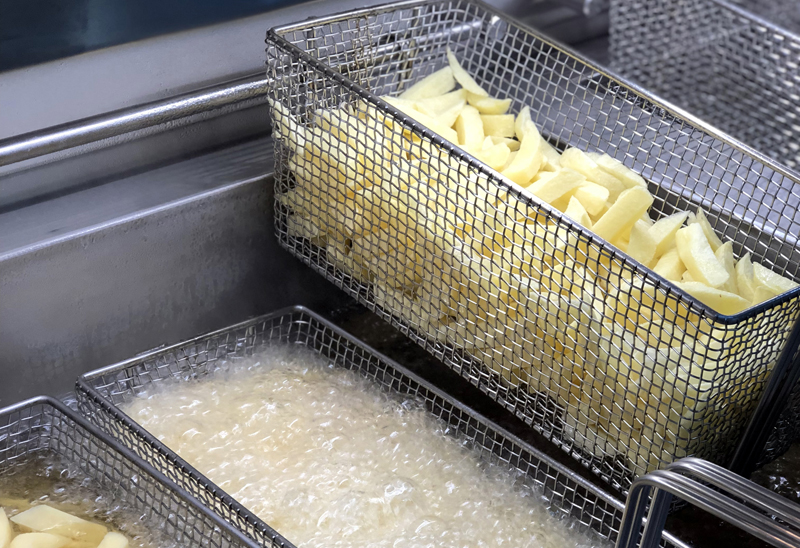Buying Guide: Gas vs Electric Deep Fryers

When it comes to equipping a commercial kitchen, selecting the right deep fryer can significantly impact efficiency, energy usage, and food quality. One of the most important decisions you'll face is whether to go with a gas or electric model. Each type has its strengths and potential drawbacks. The right choice depends on your kitchen setup, cooking needs, and long-term goals.
A deep fryer is a staple in many food service operations, from fish and chip shops to food trucks and large-scale restaurants. While both gas and electric fryers serve the same basic function of cooking food in hot oil, the way they generate and manage heat is quite different. Understanding how these differences translate into real-world performance will help you make a well-informed purchase.
Heat-Up Time and Recovery
Gas fryers generally heat up faster than electric models. This makes them ideal for high-demand kitchens that need to get cooking quickly. They also tend to recover temperature more rapidly between batches, which helps maintain consistent oil heat. That consistency is key to producing crisp, evenly cooked food. For busy kitchens with a fast-paced workflow, gas fryers offer a clear advantage in speed.
Electric fryers, however, are designed for stability. With heating elements submerged directly in the oil, they provide efficient heat transfer and stable temperature control during extended cooking times. If your kitchen values precision or regularly prepares items that require longer fry cycles, an electric model may be a better match.
Installation and Space Considerations
Kitchen infrastructure is another important factor. Gas fryers need a dedicated gas line and proper ventilation. If these are not already installed, you may face additional setup costs. Gas models also tend to be larger, requiring more floor space.
Electric fryers are more flexible when it comes to placement. They are often more compact and can fit into tighter kitchen spaces. Installation is usually simpler, too, as long as your kitchen has the proper electrical capacity to handle the unit’s power needs.
Operating Costs and Maintenance
Gas is often more affordable than electricity in terms of daily energy use, which can be beneficial for large-volume kitchens. However, gas fryers may need more frequent servicing. Burners can clog, and ventilation systems require regular cleaning to ensure both safety and performance.
Electric fryers typically require less maintenance. They have fewer exposed parts and are easier to clean, making them a good fit for kitchens that want to keep upkeep simple. The total cost of ownership can be lower over time, even if the energy cost per unit is slightly higher.
Performance and Food Output
For kitchens with high turnover and constant frying, gas fryers offer speed and reliability. Their ability to handle large volumes without sacrificing quality is a major plus. Electric fryers, though, are better suited to smaller kitchens or those with a more controlled cooking process. Their energy efficiency and ease of use can be valuable in such environments.
Choosing the right fryer means understanding your kitchen’s demands and weighing the pros and cons of each type. Look beyond the initial price and consider the long-term use, efficiency, and performance of the fryer during daily operations. With the right choice, you’ll be better equipped to deliver consistently high-quality fried foods that keep customers coming back.
Post a comment